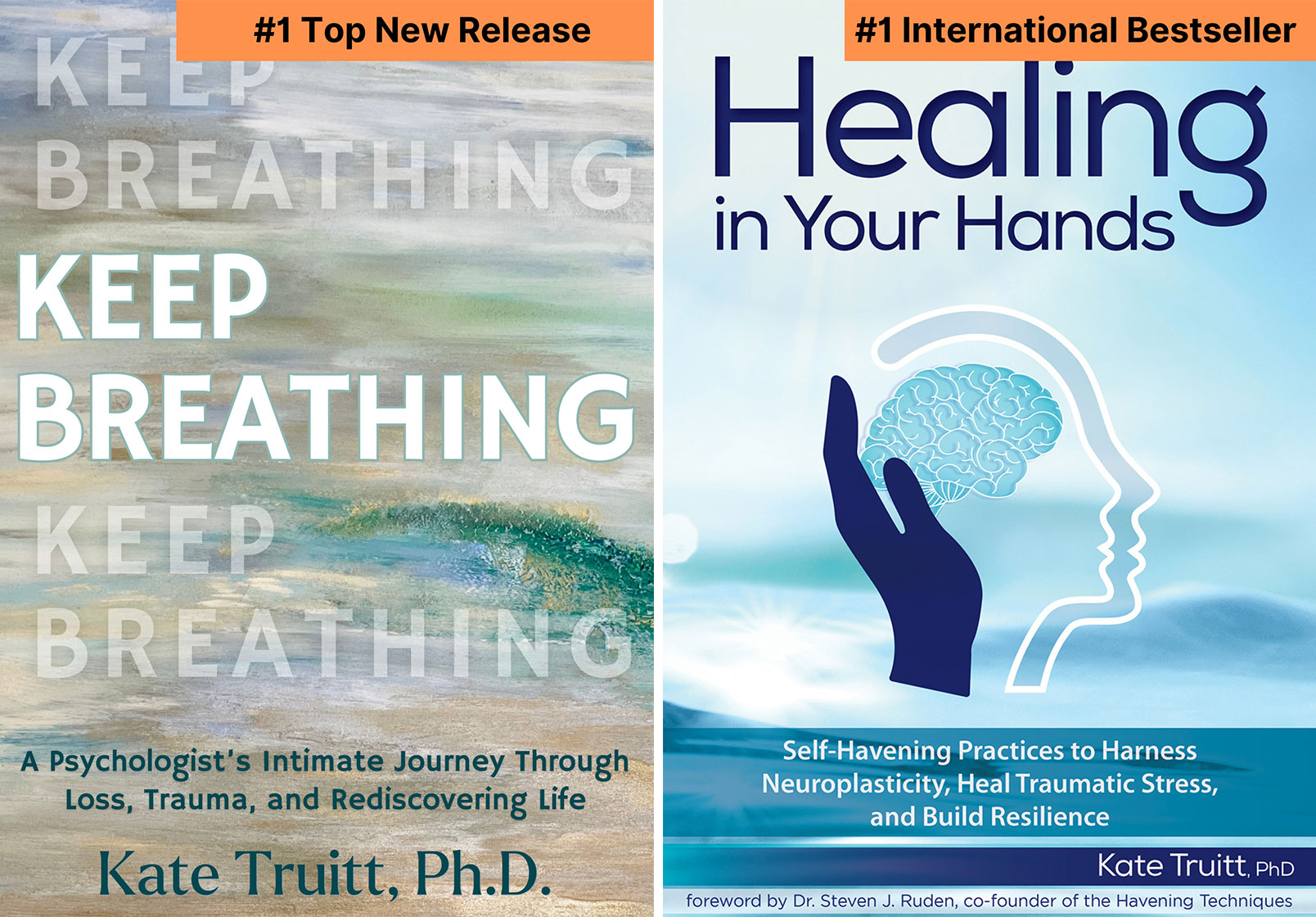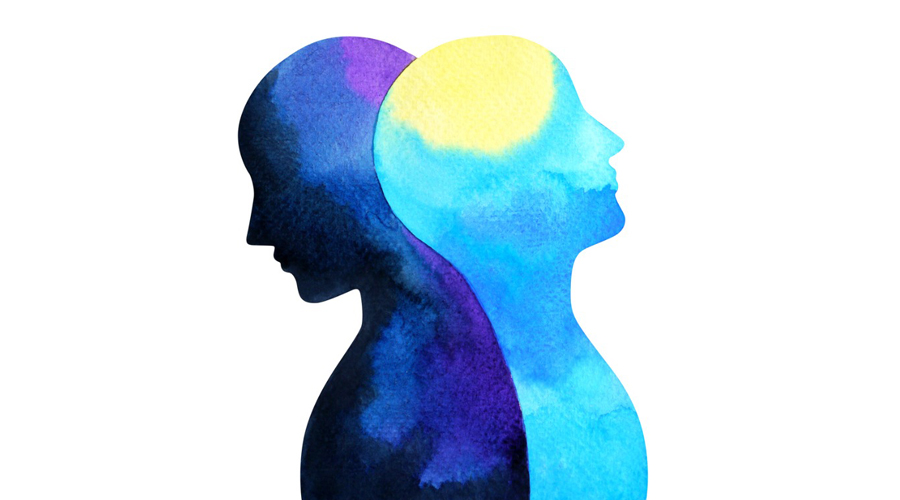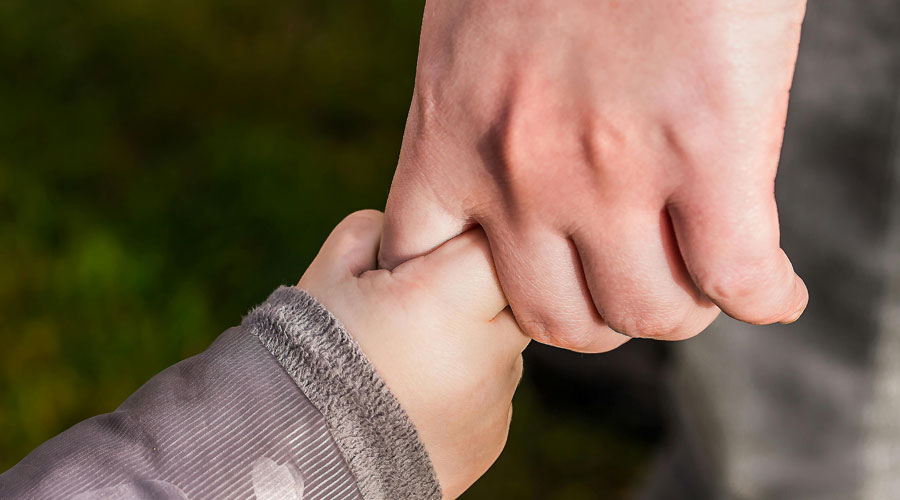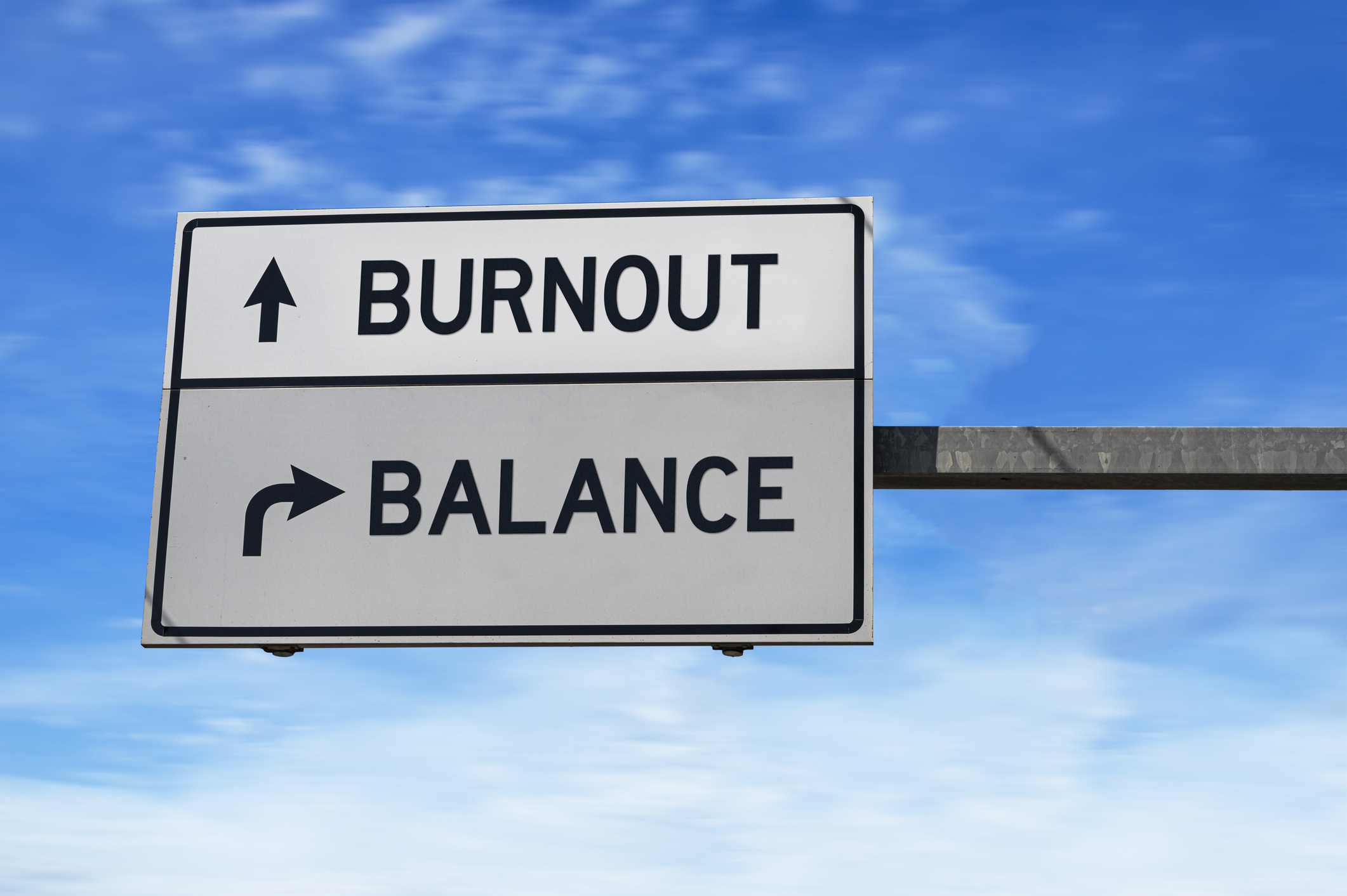Coping with Loss During the Holidays
By Dr. Kate Truitt
The holidays are often painted as a season of joy, connection, and celebration. Twinkling lights, festive music, and gatherings with loved ones can create a magical backdrop for many. But for those who are grieving, this time of year can feel overwhelming—a poignant reminder of what or who is no longer present. The pressure to participate in the merriment can magnify feelings of loss, leaving many feeling isolated amid the celebrations.
Grief is a deeply personal experience, and during the holidays, its weight can feel even heavier. Memories tied to traditions, the absence of a loved one at the dinner table, or even the smallest reminders of what once was can trigger waves of sadness. Yet, these moments also hold the potential for healing and growth, when met with compassion and intentional care.
Understanding the Brain’s Response to Grief
The brain, specifically its survival mechanisms, plays a central role in how we process and respond to loss, particularly during the holidays when emotions are heightened, and memories are vividly tied to traditions.
At the heart of our brain’s response to grief is the amygdala—often referred to as the survival brain. This small yet powerful structure is responsible for detecting threats and processing emotions, particularly fear and sadness. When we lose someone we love, the amygdala is activated, interpreting the loss as a threat to our safety and stability. This is why grief can feel so visceral, with reactions like a racing heart, difficulty breathing, or an overwhelming sense of despair.
During the holidays, the amygdala’s sensitivity can amplify. Familiar sights, sounds, or smells—like the aroma of a favorite holiday dish or the sound of a cherished carol—can act as triggers, pulling us back into memories of our loved one. These sensory cues can flood us with emotions, sometimes unexpectedly, leaving us feeling as if we are reliving the pain of the loss all over again. This phenomenon, called “emotional hijacking,” occurs because the amygdala processes these memories faster than our logical, thinking brain (the prefrontal cortex) can step in to provide context.
Understanding this reaction is the first step toward finding compassion for yourself. It’s not a sign of weakness or failure—it’s your brain’s natural way of trying to make sense of a profound absence. If you’re looking for ways to navigate grief during the holiday season, watch this heartfelt video.
Importance of Neuroplasticity
While the amygdala’s responses can feel overwhelming, there is hope. The brain’s remarkable ability to adapt, known as neuroplasticity, provides a pathway to resilience and healing. Neuroplasticity is the brain’s capacity to rewire itself, forming new connections and pathways that help us navigate the world differently. Learn more about neuroplasticity in this short video.
With intentional practices, such as mindfulness, self-compassion, and mindful touch, we can gently guide our brains to shift focus away from the pain of the past and toward moments of peace in the present. Each time we engage in an act of self-soothing or reframe a painful memory, we strengthen new neural pathways that foster calm and resilience.
Holidays can become an opportunity to honor both the past and the future. By leaning into this neuroplasticity, we can create new traditions that incorporate the legacy of our loved ones while also nurturing our capacity to move forward. The process may not erase the pain, but it allows us to carry it with greater strength and grace.
Understanding how grief impacts the brain gives us a roadmap for navigating it. It empowers us to meet the holiday season with both compassion and a sense of agency, knowing that while the pain of loss is inevitable, the brain’s ability to adapt and heal is infinite.
Strategies for Navigating Grief During the Holidays
Grieving during the holidays can feel like an emotional tightrope, balancing the weight of loss with the world’s expectation of joy and celebration. While there’s no one-size-fits-all way to navigate this tender season, there are strategies that can help you honor your emotions and create space for healing.

- Permission to Feel
Grief is not something to suppress or avoid—it’s a natural response to love and loss. Giving yourself permission to feel your emotions, whether they come in waves of sadness, moments of anger, or flashes of joy, is a vital step in the healing process.
Try This Exercise: Finding a Smile
- Sit in a comfortable position and close your eyes.
- Reflect on a moment when someone smiled at you recently—a friend, a stranger, or even a memory of your lost loved one.
- Focus on that smile, and let its warmth fill your mind and body. Notice how it makes you feel.
- Breathe deeply, inhaling the comfort of that smile and exhaling any tension. Repeat for a few minutes.
Or if you want, you can do it while listening to this guided exercise . This simple practice fosters self-compassion and reminds you that even small moments of connection can create a sense of comfort.
- Redefine Traditions
Holidays are often steeped in traditions, which can feel like painful reminders of what’s missing. Instead of avoiding these moments, consider redefining them in ways that honor your loved one.
- Light a Candle: Dedicate a special moment to lighting a candle in their memory, reflecting on their impact in your life.
- Create a New Tradition: Whether it’s writing them a letter, preparing their favorite dish, or volunteering in their honor, find an activity that celebrates their legacy in a way that feels meaningful to you.
- Set Boundaries
It’s okay to say no to gatherings or activities that feel overwhelming. Protecting your emotional well-being should be a priority, not an obligation.
Scripts for Saying No with Grace:
- “Thank you for inviting me. I’m taking some quiet time this year, but I appreciate your thoughtfulness.”
- “I’d love to join another time, but right now I need some space to honor how I’m feeling.”
- “Thank you for including me. I might stop by for a little while, but I may not stay long.”
These responses set clear boundaries while maintaining kindness and connection. In this psychoeducational video , I share additional tips on how you can navigate family pressures during the holidays.
- Lean on Your Support System
Grief can feel isolating, but you don’t have to navigate it alone. Reaching out to loved ones, friends, or support groups can provide a comforting reminder that you are cared for.
- Communicate Your Needs: Let trusted people know how they can support you—whether it’s through a simple text, a phone call, or spending quiet time together.
- Join a Support Group: Being with others who understand your experience can be incredibly validating. Consider seeking out local or online grief support communities.
- Practice Self-Compassion
Grief can activate your survival brain, leaving you feeling emotionally overwhelmed. Self-compassion practices, such as mindful touch, can help calm these responses and nurture a sense of safety within yourself. This is one of the things I highlight in this psychoeducation about why self-compassion matters in your grieving journey.
- Celebrate in a Way That Feels Right
It’s important to remember that there’s no “right” way to experience the holidays while grieving. You might find comfort in alternative celebrations, such as:
- Skipping traditional festivities in favor of a quiet day of reflection.
- Traveling to a new place to create distance from triggering memories.
- Spending the day immersed in an activity that brings you peace, like hiking, journaling, or watching your favorite movies.
Choosing what feels best for you, free from societal expectations, is a powerful act of self-care.
By giving yourself the space to honor your emotions and adapt the holidays to your current needs, you can begin to create a season that fosters healing rather than amplifies pain. These strategies are not about “fixing” grief but about allowing yourself to navigate it with compassion and grace.
Navigating Grief with Empowerment and Hope
Grief is one of the most profoundly human experiences we can face. It speaks to the depth of love and connection we have felt, and though it is deeply painful, it is also a testament to the bonds that shape us. During the holidays, this grief may feel more acute, but it’s also an opportunity to honor both your loss and your resilience. Healing is not about forgetting or moving on—it’s about learning to carry your grief in a way that allows you to continue living and finding moments of peace and joy.
I encourage you to take the strategies shared here and adapt them to your unique journey. Whether it’s redefining traditions, practicing self-compassion, or leaning on a support network, remember that you are not alone. If you feel moved, I’d love for you to share your story or a tradition you’ve created in the comments. Your words may inspire or comfort someone else walking a similar path.
As you navigate this season, know that it’s okay to move through it at your own pace, with as much or as little celebration as feels right. Give yourself permission to honor your emotions and create a space where healing can begin.
If you’re looking for additional support, consider reaching out to a grief counselor, joining a support group, or exploring the self-healing tools I’ve shared in my books Keep Breathing: A Psychologist’s Intimate Journey Through Loss, Trauma, and Rediscovering Life and Healing in Your Hands: Self-Havening Practices to Harness Neuroplasticity, Heal Traumatic Stress, and Build Resilience.

References:
- VITAS Healthcare. (n.d.). Coping with grief during the holidays. Retrieved from https://www.vitas.com/family-and-caregiver-support/grief-and-bereavement/holidays-and-grief/coping-with-grief-during-the-holidays
- The Psychology Group. (n.d.). How to cope with grief during the holidays. Retrieved from https://thepsychologygroup.com/how-to-cope-with-grief-during-the-holidays/
- Mayo Clinic Health System. (n.d.). Grief and loss throughout the holiday season. Retrieved from https://www.mayoclinichealthsystem.org/hometown-health/speaking-of-health/grief-and-loss-throughout-the-holiday-season
- Headspace. (n.d.). Grief during the holidays. Retrieved from https://www.headspace.com/mindfulness/grief-during-the-holidays




















